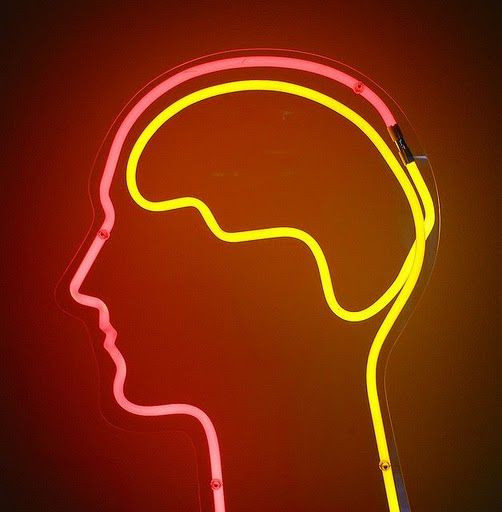Brain Prosthesis Could Restore Lost Memories For Those With Epilepsy; Neuroscience Approaching Science Fiction

Bionic enhancement of human memory has long been a staple of popular science fiction as well as high-brow philosophical inquiry. Soon, it could become part of routine medical practice.
A team of neuroscientists and bioengineers from the University of Southern California is currently developing a prosthetic brain implant designed to restore and enhance a patient’s memory. By replacing a central circuit within the temporal lobe, the prosthesis helps the brain codify and store long-term memories that would otherwise be lost.
The device, which has already yielded successful trial results in rats and monkeys, was announced earlier this month at the Global Future 2045 International Congress by Theodore Berger, professor of biomedical engineering. It may prove an invaluable tool in future neurological treatment programs.
As reported by Livescience.com, Berger and his team’s research focuses on the biological conversion of short-term memory into long-term memory — a tremendously complex process that occurs within a structure called the hippocampus.
Individuals suffering from neurological disorders such as epilepsy and Alzheimer ’s disease experience memory loss as a result of damaged circuits within the hippocampus structure. The prosthesis is intended to remedy these debilitating symptoms by replacing damaged parts within the structure — and even improve long-term memory retention by enhancing intact parts.
The project’s science fiction vibe is amplified by the technology used: a small electrode chip is implanted in the hippocampus structure, where it records signals representing short-term memories. The signals are then sent to a computer that transforms them into long-term memories and sends them off to a second electrode unit. Berger likened the process to translation — here, the memories are like words, and the computer is like a translator.
Researchers are only now beginning to run human trials among epilepsy patients. However, testing on rats and monkeys has so far been remarkably successful: among rats trained at to perform a simple mnemonic task, subjects outfitted with the prosthesis were successful even under the influence of a memory-impairing drug. In addition, the device was found to enhance the memory function among subjects that had not been administered the drug.
Obstacles remain, however. The outcome of human trials will hinge on the successful algorithmic “translation” of brain signals representing short-term and long-term memories. Within the structural environment of the mind, things occur at the blink of an eye, and you only have one shot at getting it right. Berger stressed that the brain’s remarkable adaptability — referred to as “plasticity” — is integral to the device’s effectiveness, and that the body will probably influence the device more than the device will influence the body



























